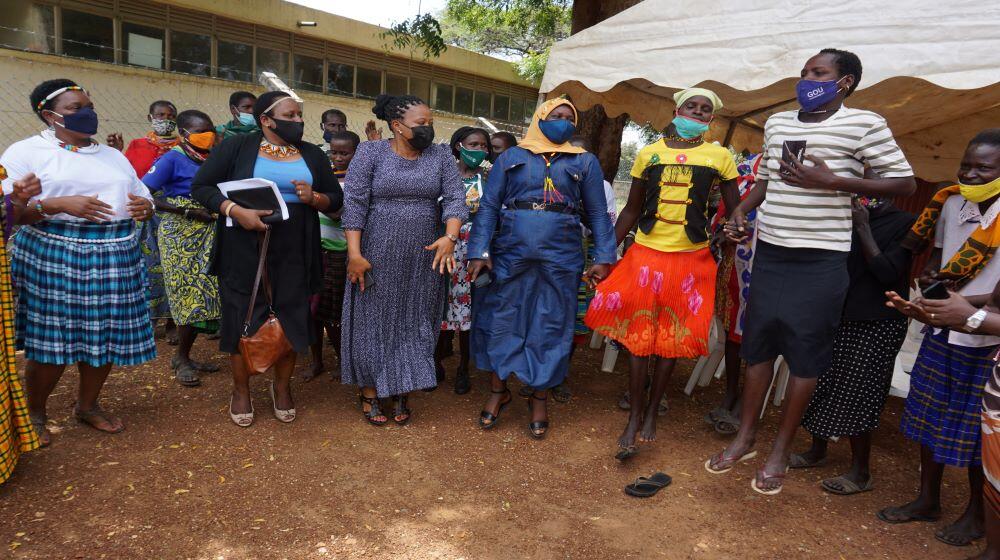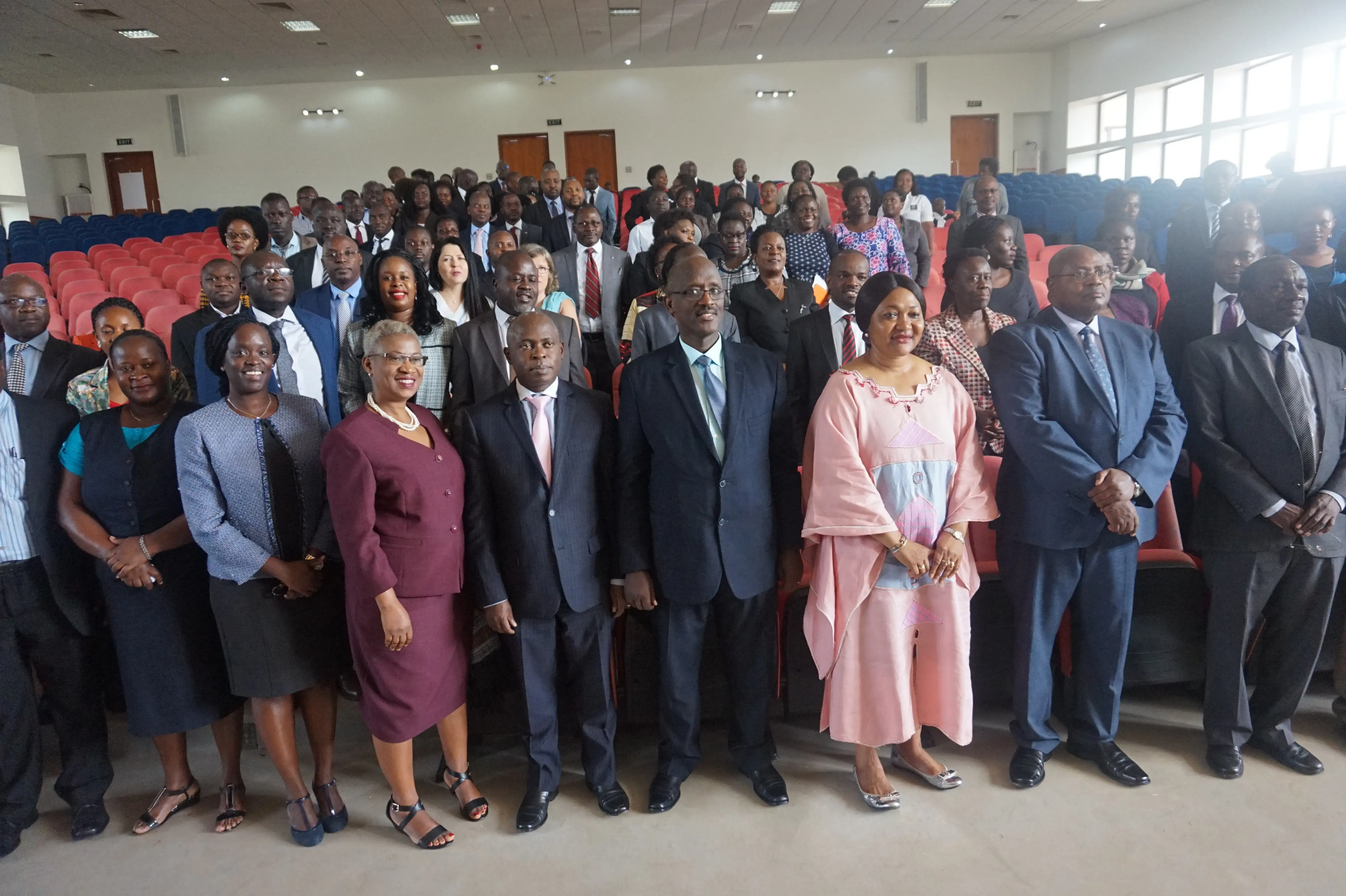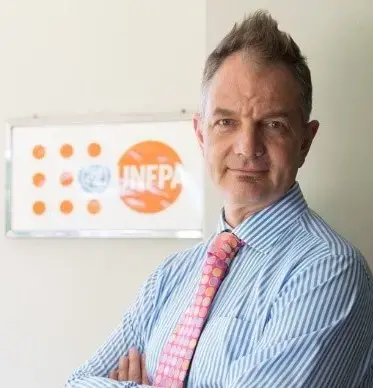Karamoja & Sebei Regions, Uganda – A 14-year-old Judith* and five other Ugandan Pokot girls survived to undergo forced Female Genital Mutilation (FGM) and child marriage after being tricked to travel to neighboring Kenya during COVID-19 pandemic. The six girls from Namosing village in Loro sub-county, Amudat district, North-Eastern Uganda trekked barefoot for about 15 kilometres to Alale, Western Kenyan Pokot district to allegedly visit a friend’s grandmother in June 2020.
“One of our friends hatched a plan. She lied and tricked us. She told us we were going to visit her grandmother across the border in Kenya,” said Judith currently at Kalas Girls Primary school in Amudat, a safe haven centre for recued girls fleeing FGM or escaping child marriage.
“We stayed there for over a week. One day we were taken to the gold mining site to work in order to get the money to pay the old woman (surgeon). Luckily, someone tipped and leaked information to us that we had been brought to undergo FGM,” she said.
“Three of us escaped and went to the area local chief who rescued and took us to the Assistant County Commissioner. They rescued the other three girls. We were connected to the police in Amudat. We narrowly survived to undergo FGM and child marriage.”
According to ethnic Pokot tribe, once girls have been mutilated, they are deemed ready for
marriage and taken out of school; a practice UNFPA and UNICEF are combating through the Joint Programme to End FGM and the Global Programme to End Child Marriage.
Since January 2021, six cases of FGM have been registered in Amudat, compared to 13 in 2020, according to a brief presented by Chief Administrative Officer Masokoyi Wassa during a high level visit led by the State Minister for Gender and Cultural Affairs, Hon. Peace Mutuuzo, on 14 September 2021.
The delegation included 25 members of the Parliamentary Committee on Gender, Labour and Social Development.
In the neighboring Kapchorwa district, Eastern Uganda, a total of 17 girls were rescued from FGM in 2020, according to District Community Development Office statistics. With support from the Swedish International Development Agency, the EU Spotlight Initiative and the Global Programme to End
FGM, Hon. Mutuuzo led a five-day field monitoring mission to FGM practicing districts in Karamoja and Sebei regions in North-Eastern and Eastern Uganda respectively, to generate new evidence on the harmful practices in the context of COVID-19. The evidence generated during the visits will be presented on the floor of Parliament to advocate for more Government budgetary allocation to interventions to end FGM and child marriage.
The findings will also inform a high level policy dialogue to be convened in the capital, Kampala and Uganda’s country progress report on FGM elimination at the Regional FGM Inter-Ministerial meeting in October 2021.
“When we outlawed FGM, the practice didn’t stop. It went underground,” said Hon. Mutuuzo, whose delegation also visited existing GBV shelters in Moroto, North-Eastern Uganda; and Kween and Tororo districts in Eastern Uganda to gain comprehensive knowledge of the service package provided to survivors.
Hon. Flavia Kabahenda Rwabuhoro, chairperson of the Parliamentary Committee on Gender, Labour and Social Development recommended a review of all existing policies and legal frameworks to decisively tackle GBV and harmful practices.
“A number of policy documents and legal frameworks (GBV, FGM, and Child Acts) will be reviewed to address existing gaps so that we can come up with a complete plan and programmes to tackle GBV cases,” said Hon. Kabahenda.
“We need to do a lot of sensitization on mind-set change and we are starting it now. We are going to advocate for school establishment and vocational studies in those areas where FGM is still being practiced. We are going to factor in GBV/ FGM into our budgets, institutions operations and structures,” Hon. Mutuuzo said
“A number of policy documents and legal frameworks (GBV, FGM, and Child Acts) will be reviewed
to address existing gaps so that we can come up with a complete plan and programmes to tackle
GBV cases,” said Hon. Kabahenda.
By Samuel Okiror





